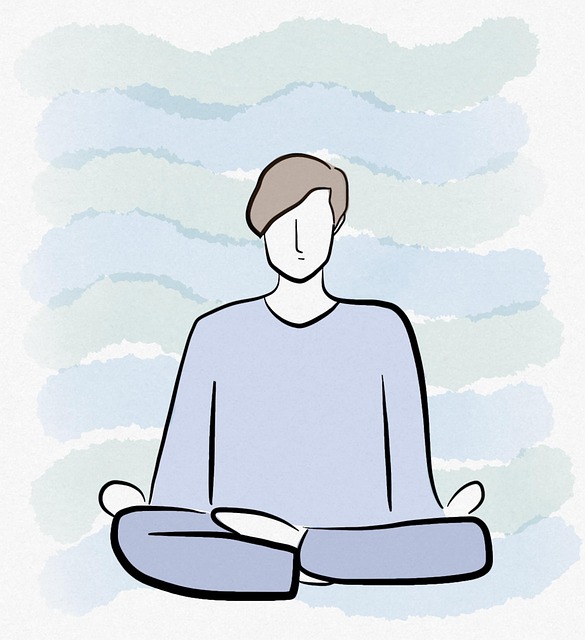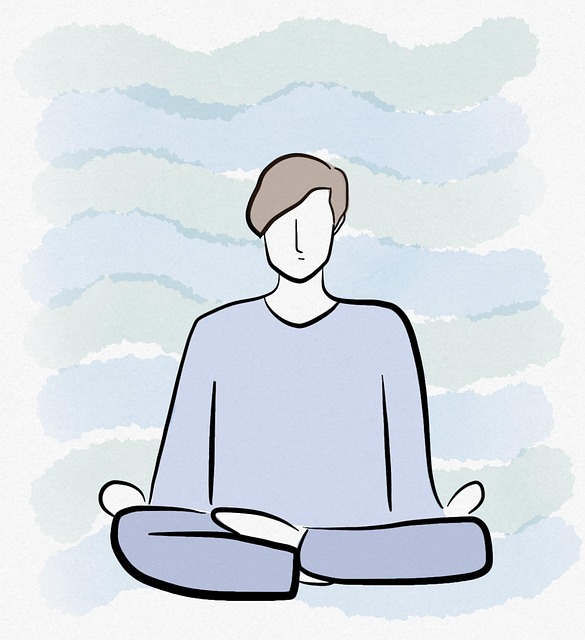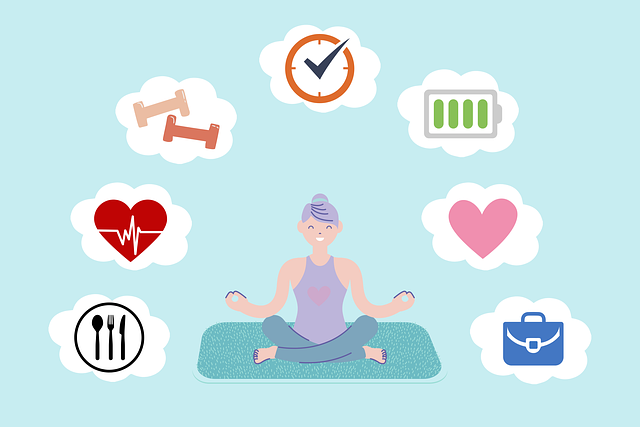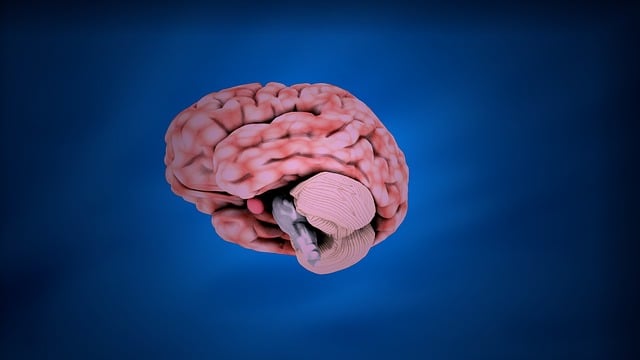Lone Tree Panic Disorder (LTPD) is a debilitating anxiety condition characterized by unexpected, intense fear in safe environments, leading to isolation and distress. Effective therapy for LTPD involves cognitive-behavioral therapy (CBT) addressing negative thought patterns and teaching coping mechanisms. Self-care routines are crucial for managing symptoms, offering individuals control and normalcy, especially through practices like mindfulness, deep breathing, and meditation. Healthcare providers can enhance resilience with compassion cultivation and burnout prevention techniques. Tailored self-care routines, combined with therapy focused on social skills and mental health education, empower individuals to manage LTPD and anxiety attacks, promoting emotional well-being and long-term stability.
“Unwind and reclaim your mental balance with this comprehensive guide to crafting a powerful self-care routine. Many suffer from Lone Tree Panic Disorder and Anxiety Attacks, but therapy offers hope. This article delves into strategies for managing these conditions through tailored self-care practices. We explore the significance of establishing daily rituals that nurture your well-being. From mindfulness techniques to physical activities, discover practical steps to incorporate and maintain a routine that adapts to your evolving needs, ensuring long-term mental wellness.”
- Understanding Lone Tree Panic Disorder and Anxiety Attacks
- The Importance of Establishing a Self-Care Routine
- Strategies for Incorporating Effective Self-Care Practices
- Long-Term Maintenance and Adapting Your Routine as You Grow
Understanding Lone Tree Panic Disorder and Anxiety Attacks

Lone Tree Panic Disorder (LTPD) refers to a specific type of panic disorder characterized by sudden and repeated episodes of intense fear or anxiety that strike unexpectedly, often in seemingly safe or familiar environments. These attacks can be utterly debilitating, leaving individuals feeling isolated and distressed. Anxiety attacks, a common symptom of LTPD, manifest as a range of physical sensations, including a racing heart, rapid breathing, dizziness, and sweating.
Understanding LTPD is crucial for developing effective therapy strategies and public awareness campaigns that can help those affected. Emotional intelligence plays a significant role in managing anxiety; individuals with higher emotional intelligence are better equipped to recognize and interpret their feelings, enabling them to respond calmly during an attack. Furthermore, confidence-boosting techniques, such as cognitive-behavioral therapy (CBT), have proven effective in treating LTPD by challenging negative thought patterns and replacing them with healthier coping mechanisms.
The Importance of Establishing a Self-Care Routine

Establishing a self-care routine is an essential practice for maintaining mental wellness and overall well-being. In today’s fast-paced world, it’s easy to get caught up in the hustle and bustle, leading to increased stress levels and potential burnout. For individuals dealing with Lone Tree Panic Disorder or experiencing anxiety attacks, implementing a structured self-care routine can be transformative. It provides a sense of control and normalcy, helping to manage symptoms and promote resilience.
Self-care is not just about indulging in luxurious activities but rather creating a balanced and consistent practice tailored to individual needs. For healthcare providers, who often face high-stress situations, incorporating self-care strategies like compassion cultivation practices and burnout prevention techniques can be game-changing. These practices foster emotional resilience, allowing professionals to show up as their best selves for their patients while mitigating the risks associated with chronic stress.
Strategies for Incorporating Effective Self-Care Practices

Incorporating effective self-care practices into your daily routine is a powerful tool for managing conditions like Lone Tree Panic Disorder and Anxiety Attacks. Therapy often emphasizes Social Skills Training, helping individuals connect and build support networks, which can enhance overall well-being. Stress Management techniques such as mindfulness, deep breathing exercises, and meditation are essential components of a robust self-care regimen. Regular engagement in these practices can significantly reduce anxiety levels and promote better mental health.
Mental Health Education Programs Design can equip individuals with the knowledge to recognize triggers and develop personalized coping strategies. By combining therapy, stress management, and education, one can create a comprehensive self-care routine tailored to their unique needs. This proactive approach ensures that mental wellness is nurtured, fostering resilience and a sense of calm in the face of challenges like anxiety disorders.
Long-Term Maintenance and Adapting Your Routine as You Grow

Maintaining a mental wellness self-care routine is an ongoing process that requires regular evaluation and adjustments. As individuals grow and their lives evolve, so do their emotional needs. What worked as a coping mechanism in your twenties might not be as effective in your forties or fifties. Therefore, it’s crucial to periodically reflect on and adapt your self-care practices.
For those managing Lone Tree Panic Disorder and Anxiety Attacks through therapy, this adaptive approach becomes even more vital. Regularly reviewing and refining your routine ensures that you continue to address specific triggers and challenges related to anxiety. Incorporating new techniques learned from therapy and shifting away from those that are no longer beneficial promotes long-term mental health stability. This dynamic process fosters a deeper connection with your emotional well-being, enabling you to cultivate resilience and maintain a positive outlook—key components in the design of effective Mental Health Education Programs.
Developing a mental wellness self-care routine is a powerful tool for managing conditions like Lone Tree Panic Disorder and Anxiety Attacks. By incorporating effective practices tailored to your needs, you can enhance your overall well-being and resilience. Remember, consistency is key; regular engagement with your routine allows for long-term maintenance and adaptation as your needs evolve. With dedication, self-care can become a transformative journey towards a calmer, more balanced mind.













